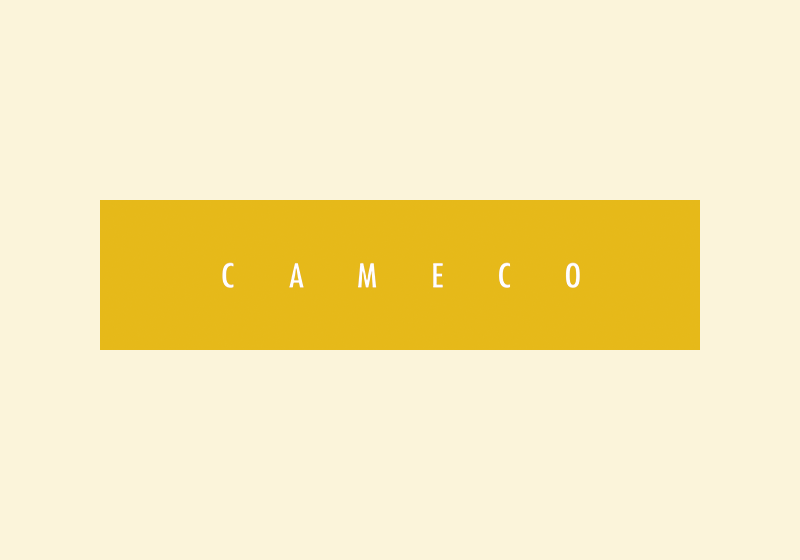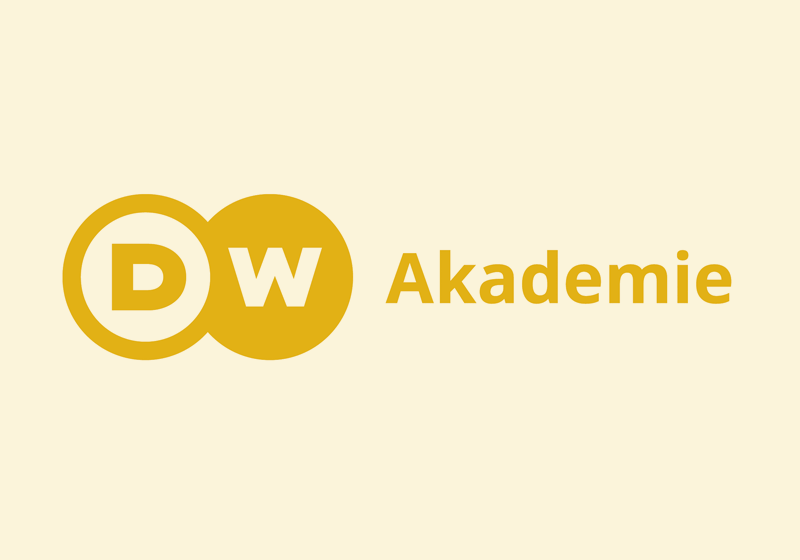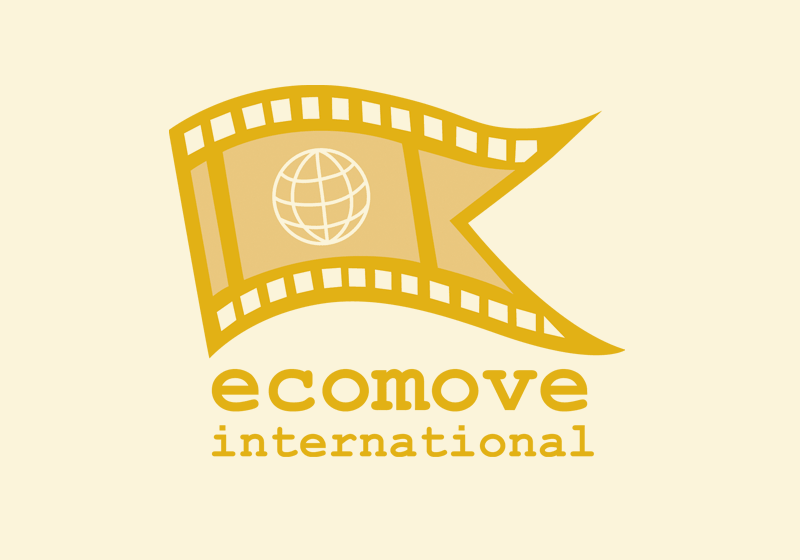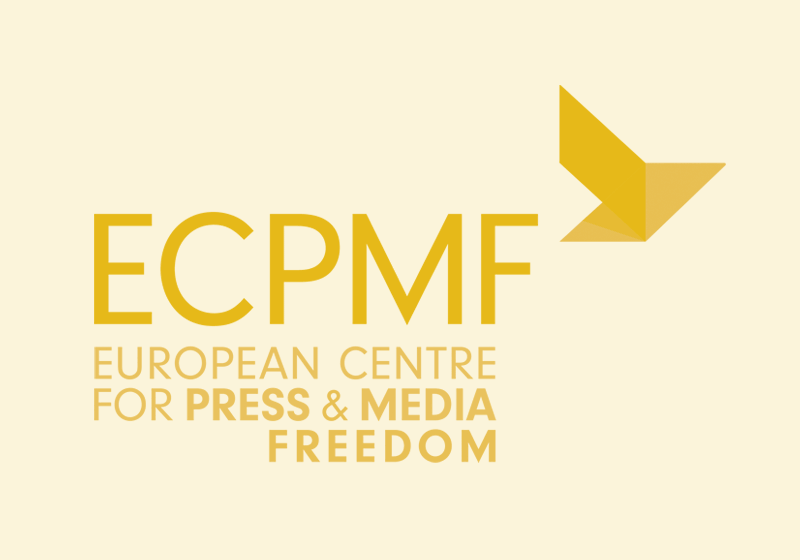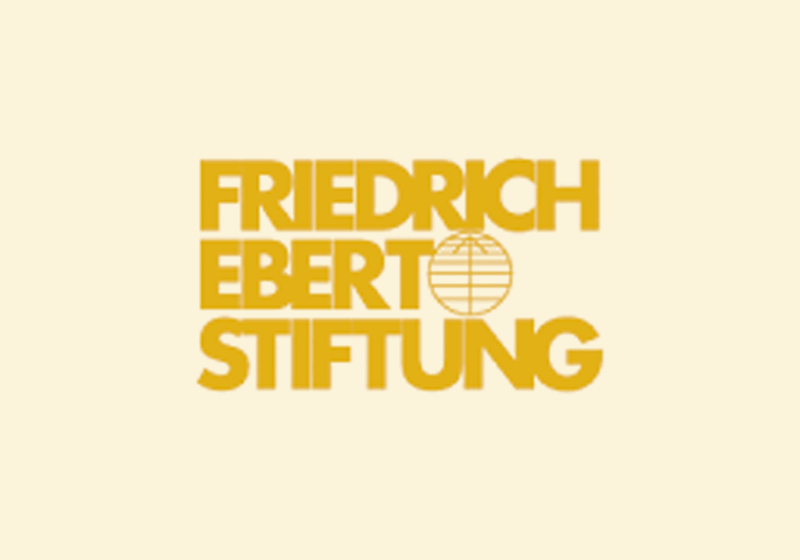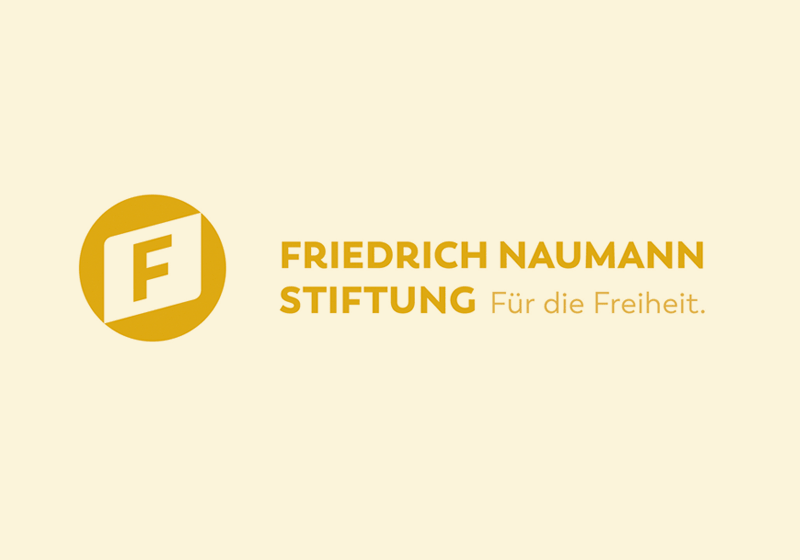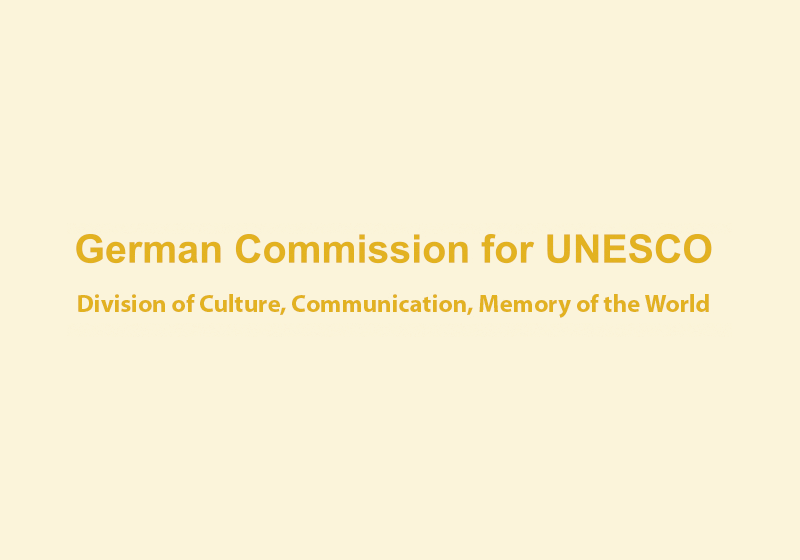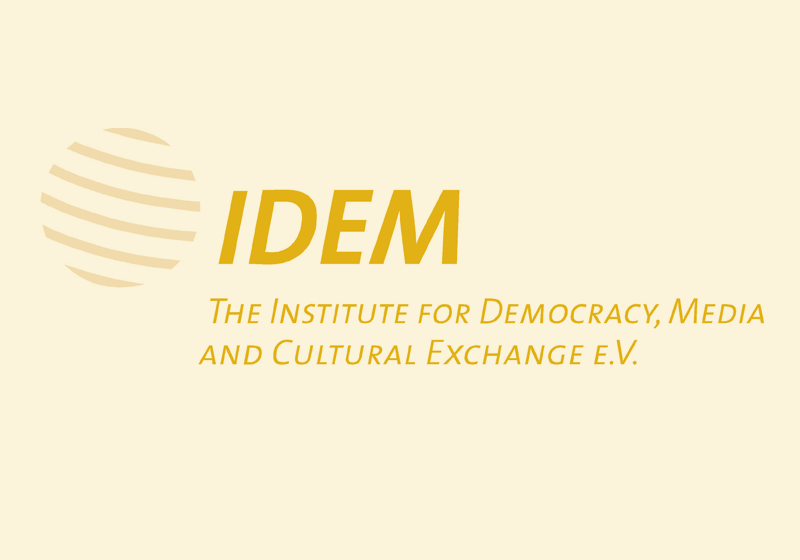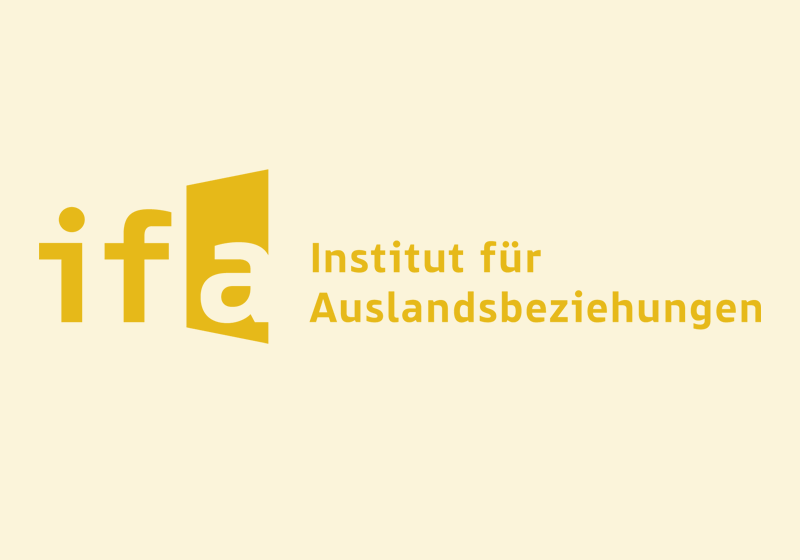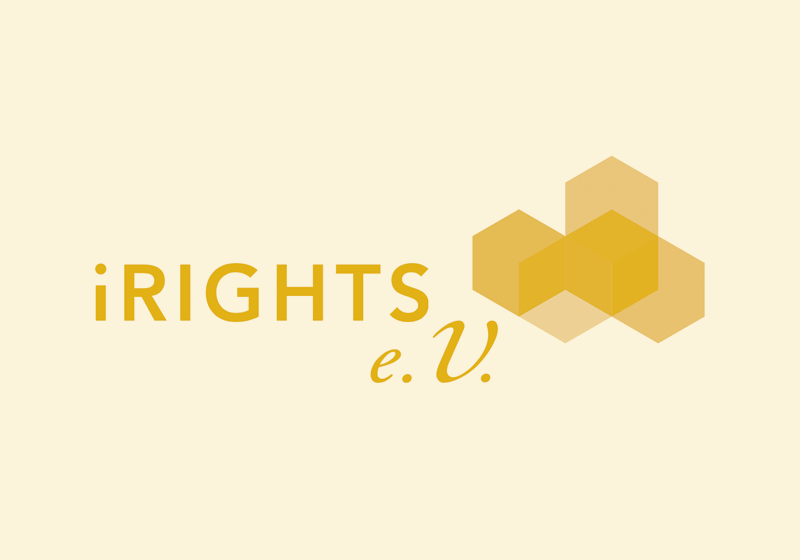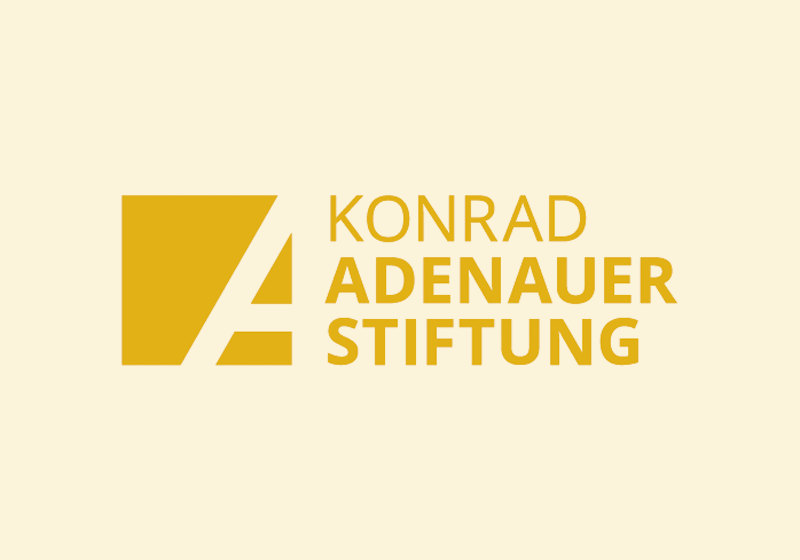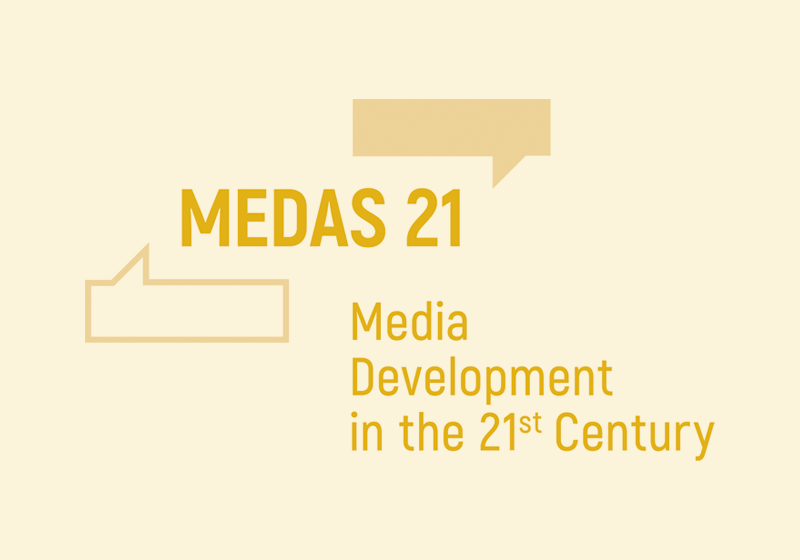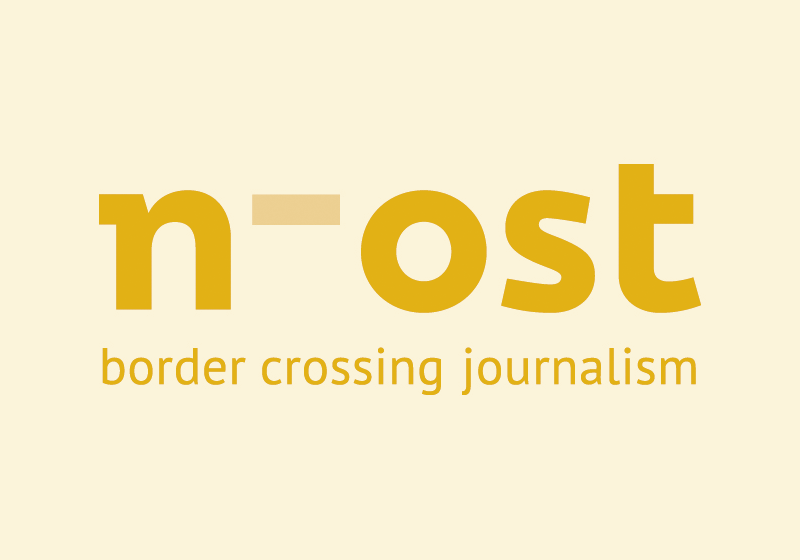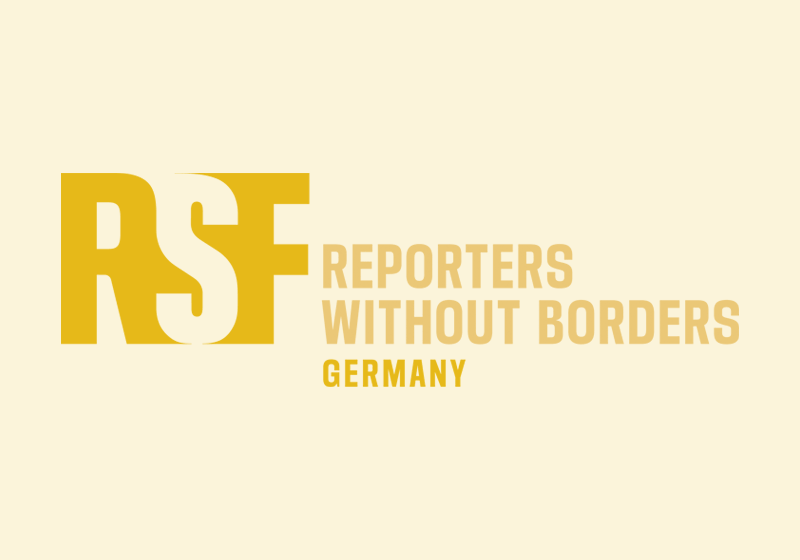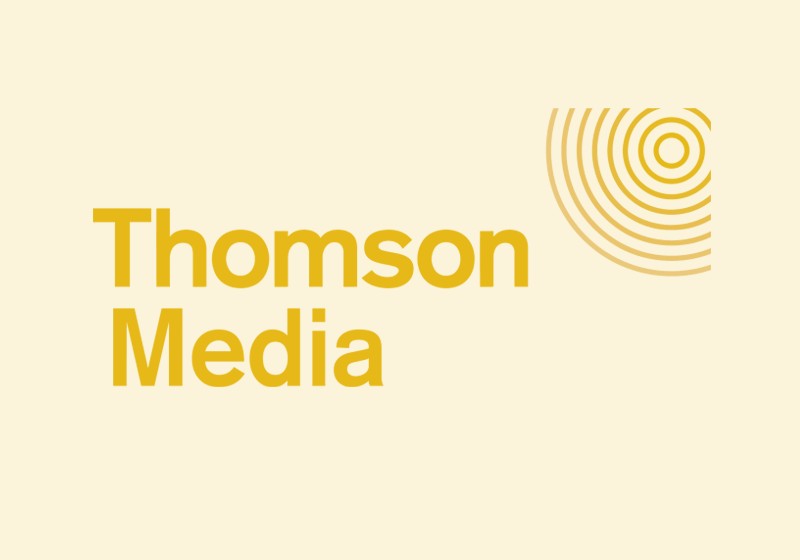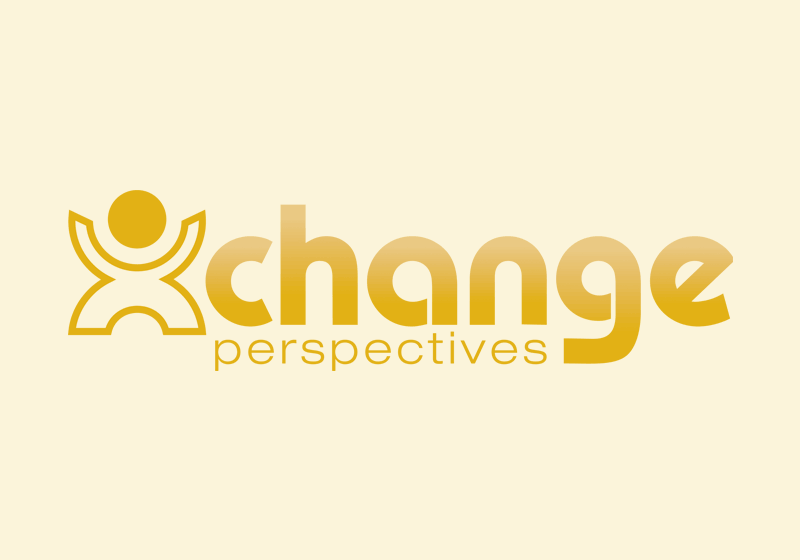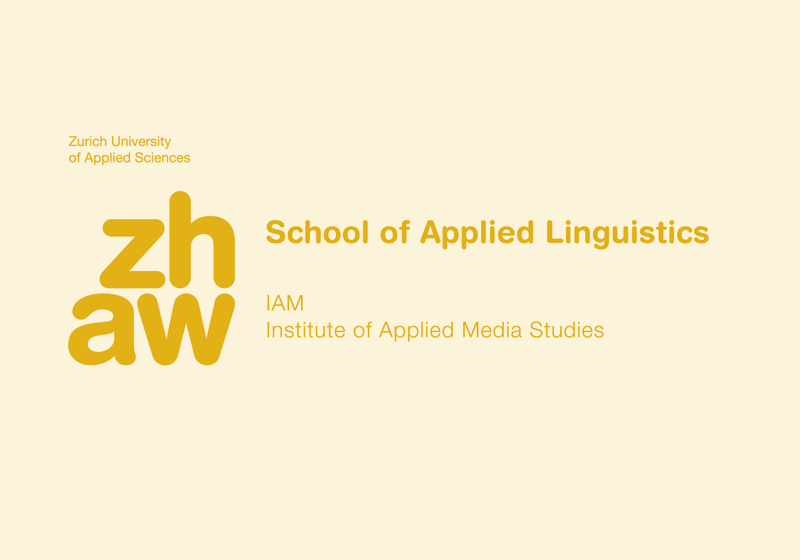Symposium 2022 Program
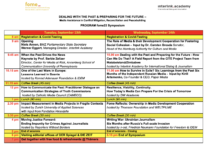
Tuesday, 13th September 2022
8 am Registration & Covid-Testing
Please be aware, that you have to be vaccinated and tested to attend this event.
We will provide Covid19-Antigen-Tests – to get tested with it every day before the symposium is obligatory to take part.
9 am Opening
Niels Annen, Parliamentary State Secretary, Federal Ministry for Economic Cooperation and Development
Werner Eggert, Managing Director, Interlink Academy for International Dialog and Journalism
9.45 am When the Past Drives the News
Keynote by Prof. Barbie Zelizer, Director, Center for Media at Risk, Annenberg School of Communication, University of Pennsylvania
This presentation addresses how the past infiltrates the news and impacts how media practitioners cover its issues and events. Using the Cold War and its global permutations over time as an example, it argues that the past is so deeply embedded in media practitioners’ beliefs and practices that it drives what they consider to be news and in which ways they are expected to cover it. The presentation calls upon media practitioners to take the past more seriously and understand more fully its effect on reporting the present.
10.15 am One of the Last Wars in Europe: Bosnia Lessons Learned
hosted by Konrad Adenauer Foundation and IDEM e.V.
The last war in Europe, the war in Bosnia and Herzegovina that came about as a result of the breakup of the Socialist Federal Republic of Yugoslavia, lasted from 1992 until 1995. Estimates suggest around 100,000 people were killed during the war. Over 2.2 million people were displaced, making it, up until that time, the most devastating conflict in Europe since the end of World War II. Events such as the Siege of Sarajevo lasting for 1.425 days and the Srebrenica massacre later became iconic of the conflict.
Balanced and objective reporting – on war crimes and other transitional justice issues – can significantly contribute to security in a post-conflict country. In this panel, Journalists from Bosnia will investigate the role of media in the reconciliation process. How did media contribute to reconcile former enemies? How did media support all three ethnic groups facing their recent past? How did media promote the reconciliation process in the Balkans through its reporting on war crimes trials at the Hague tribunal and local courts in the region? Could media play a crucial role in helping people come to terms with their past and moving forward or did they fuel ethnic tension and increased insecurity in an already fragile state? And lastly: What lessons can we draw for the ongoing war in Ukraine?
Moderator:
Sigrun Rottman, University of Dortmund
Speakers:
Aida Cerkez, Journalist, Organized Crime and Corruption Reporting Project, Bosnia
Leila Bičakčić, Journalist, Center for Investigative Reporting (CIN), Bosnia
11.15 am Coffee Break (45 min)
12 am How to Communicate the Past: Practitioner Dialogue on Communication Strategies of Truth Commissions
hosted by Catholic Media Council (CAMECO)
The more than fifty truth commissions since the 1990’s make these official, nonjudicial bodies one of the most deployed tools at institutional level in dealing with the past. In a very limited time and often with little resources, it is their task to determine through statement-taking, investigations, research and public hearings what has happened (facts), why it has happened (causes) and with what impact on life in society (consequences). At the core of this work is the goal to strengthen the representation of victims and making their voices heard to provide more social recognition.
Against this background and as part of a whole-of-society project, the work of truth commissions has to be continuously communicated to communities, the general public and political decision-makers. Forms of communication that are not accidental or arbitrary, but highly strategic, also to collaborate with media and journalists.
To discuss experiences with truth commissions and their communication strategies experts from Latin America, Africa and Eastern Europe are invited to a practitioners’ dialogue.
Taking inspiration from these different insights participants will have the opportunity to identify together with the experts lessons learnt and challenges encountered in communicating the past.
Speakers:
Ricardo Corredor, Communication Coordinator, Truth Commission, Colombia
Refik Hodzic, Strategic Communications specialist, Prijedor, Bosnia and Herzegovina
Baba Jallow, was Executive Secretary, Gambia’s Truth, Reconciliation and Reparations Commission (TRRC)
Moderator:
Rousbeh Legatis, Peace and Conflict Researcher, International Consultant
1 pm Lunch (90 min)
2.30 pm Impact Measurement in Media Projects in Fragile Contexts
hosted by Zurich University of Applied Sciences (ZHAW), with input from Fondation Hirondelle
The session will focus on options to conceptualize and experiences with measuring the effects (outcomes or impacts) of radio projects in post-conflict and fragile contexts. It will illustrate what realistically can be expected in terms of impact and will share methodological insights and key findings from three different approaches (process tracing, qualitative, quantitative) implemented recently by researchers and Fondation Hirondelle.
- Challenges in conceptualizing impact of media – Inspirations from theory, and experiences with process tracing in a radio project in Niger – by Guido Keel
- Effects of addressing information needs and giving voice to marginalized persons in fragile contexts – Insights about realistic effects of radio projects especially with women, youth and IDPs in West Africa, combining qualitative and quantitative methods (focus groups discussion & content analyses) – by Emma Heywood
- Effects of radio journalism in fragile contexts – Insights from quantitative large scale randomized control trials on impacts of radio journalism in Madagascar – by Jeff Conroy-Krutz
Speakers:
Guido Keel, Journalism Researcher, Zurich University of Applied Sciences (ZHAW)
Emma Heywood, Journalism, Radio and Communication researcher, University of Sheffield
Jeff Conroy-Krutz, Department of Political Science & African Studies Center, Michigan State University
3.30 pm Coffee Break (30 min)
4 pm Moving Justice Forward: Ending Impunity for Crimes against Journalists
hosted by Reporters Without Borders
Just and social societies cannot thrive on the soil of oblivion and impunity. Crimes against humanity and other war crimes must dealt with – even if they happened many years ago. Ending impunity for crimes against journalists is one of the most pressing issues to guarantee freedom of expression and access to information for all citizens. In nine out of ten cases, however, the killers go unpunished. Where impunity is left unaddressed, it provides fertile ground for the recurrence of conflicts and repetition of violence.
The panel will discuss the perks and shortcomings of existing national, regional and international initiatives and approaches in the fight against impunity for the crimes against journalists. It will also take stock of the research conducted since the adoption of the UN Action Plan on the Safety of Journalists and the Issue of Impunity in 2012 and facilitate a discussion on how academia could support the continued implementation beyond 2022.
Speakers:
Jackie Harrison, UNESCO Chair on Media Freedom, Journalism Safety and the Issue of Impunity and Chair of the Centre for Freedom of the Media (CFOM), University of Sheffield
Andrea Cairola, Program Specialist at the Division for Freedom of Expression, Democracy and Peace of the Communication and Information Sector, UNESCO
Moderator:
Nube Álvarez, Project Coordinator Defending Voices, Reporters Without Borders, Germany
5 pm End of sessions
6 pm Visiting editorial departments of Der Spiegel and die Zeit
7 pm Get together with food & refreshments @typical cosy Hamburg location with great flair
Wednesday, 14th September 2022
8 am Registration & Covid-Testing
Please be aware, that you have to be vaccinated and tested to attend this event.
We will provide Covid19-Antigen-Tests – to get tested with it every day before the symposium is obligatory to take part.
9 am The Role of Media and their Development Cooperation for Fostering Social Cohesion
Input by Dr. Carsten Brosda, Senator, Head of the Hamburg Authority for Culture and Media
10.00 am Dealing with the Past and Preparing for the Future – How Can We Do That? A field report from Matabeleland/Zimbabwe
hosted by Interlink Academy for International Dialog and Journalism
The independent media organiZation CITE from Bulawayo works towards both directions: In its Gukurahundi project, CITE makes the murders of the Mugabe regime in Matabeleland public. It is estimated that at least 20,000 people were murdered in the 1980s and many more were taken to reeducation camps and tortured. To this day it is dangerous to report on it and to give the victims a voice with documentation and eyewitness interviews. In its Media and Information Literacy project, CITE trains multipliers from all over Matabeleland to lay the basis for competent use of social media in their communities and to train people in dealing with hate speech, fake news and security. A CITE team will present both projects in Hamburg in a video and lecture and show what Dealing with the Past has in common with Preparing for the Future.
Speakers:
Zenzele Ndebele, Center for Innovation & Technology (CITE), Zimbabwe
Bhekizulu Tshuma, Center for Innovation & Technology (CITE), Zimbabwe
Lungile S. Ngwenya, Center for Innovation & Technology (CITE), Zimbabwe
Loctricia Nleya, Center for Innovation & Technology (CITE), Zimbabwe
11.00 am How to Survive in Exile? Six Learnings From the Past Six Months of the Independent Russian Media
Input by Kirill Artemenko, Co-Founder & CEO, Paper Media
11.15 am Coffee break (45 min)
12 am Resilience, Viability, Continuity. How Today’s Media Can Prepare For the Crisis of Tomorrow
hosted by DW Akademie
Most media do not prepare for crisis, even if one is already knocking at their door. But the recent past has shown how exposed they are to sudden shocks and disruptions. Many have struggled in the last years: the COVID-19 pandemic, violent conflicts, natural disasters. Yet, some media outlets could adapt quickly and continue to provide news and important information.
To find out why some media are more resilient than others, DW Akademie has conducted interviews with media managers and experts from 15 countries. They had successfully steered their organization through crisis and all had one thing in common: they anticipated risks and had made a crisis plan.
In this session, five managers and experts will share their best practices and shed some light on how to best encourage media to prepare for crisis.
DW Akademie will also present it’s Media Resilience Scanner, an online tool for media managers to develop tailor made crisis plans.
Speakers:
Yana Naralska, Media Developer and Project Manager, DW Akademie, Ukraine
Salam Omer, Editor-in-Chief, KirkukNow, Iraq
José Luis Sanz, Washington Correspondent, El Faro, El Salvador
Chay Hofileña, Head of Investigative Desk, Rappler, Philippines
Ann Hollifield, Media Analytics & Media Viability Expert, Professor Emerita, University of Georgia, USA
U Soe Myint, CEO & Co-Founder, Mizzima, Myanmar
Moderator:
Simon Didszuweit, DW Akademie
1pm Lunch (90 min)
2.30 pm Fome Reflects: Ownership in Media Development Cooperation
hosted by Thomson Foundation and WELTFILME
The term ‘ownership’ is used in development policy discussions to describe people’s identification with a project that affects them. Ownership comprises the personal responsibility that target groups and partner organisations assume in development cooperation. It is considered an important precondition for the efficiency, sustainability, and the success of implemented measures.
But what does ownership mean in hands-on pragmatic project implementation? Can it bridge the power gap between donors and local partner organisations? How can ownership be enacted throughout the project cycle when short deadlines and rigid reporting templates reinforce a client-contractor relationship and hence dependent structures between the partners? Should the current crises be used to initiate a discussion on new types of ownership?
Speakers:
Kwabena Nketia Addae, Executive Director, Ghana YMCA
Rislan Ahamed, Head of Development Services, Chrysalis, Sri Lanka
Moderator:
Christine Liehr, Thomson Foundation
3.30 pm Coffee Break (30 min)
4 pm Writing War: Ukrainian journalism Six Months after Russia’s Full-scale Invasion
hosted by n-ost, Friedrich Naumann Foundation for Freedom & IDEM e.V.
Reporting on war presents journalists with great personal and professional challenges.This is especially true when one’s own country becomes the victim of a war of aggression. Journalists suffer not only from the enormous mental and physical strain that the permanent threat entails. Since information is part of the war, finding reliable information sometimes requires a great deal of personal courage and risk-taking. Finally, many journalists in war situations are confronted with international expectations that often miss the reality of the war.
What kind of support do Ukrainian journalists need in this challenging situation? How can we foster cooperation and mutual understanding between Ukrainian and other European journalists? How can we fight Russian disinformation? And is it really possible to strive for “distance” or “neutrality” when the bomb hits right next door?
These questions will be discussed by three Ukrainian journalists who view the coverage of the war in Ukraine from different perspectives.
Speakers:
Krystyna Havryliuk, News Editor-in-Chief, National Public Broadcasting Company Suspilne, Ukraine
Oleg Khomenok, Member, GIJN´s Board of Directors, Turkey
Anastasia Magazova, Crimean-born Journalist, taz – die tageszeitung
Moderator:
Moritz Gathmann, Chief Reporter, Cicero
5 pm End of sessions – Closing
5.15 pm End of Symposium


